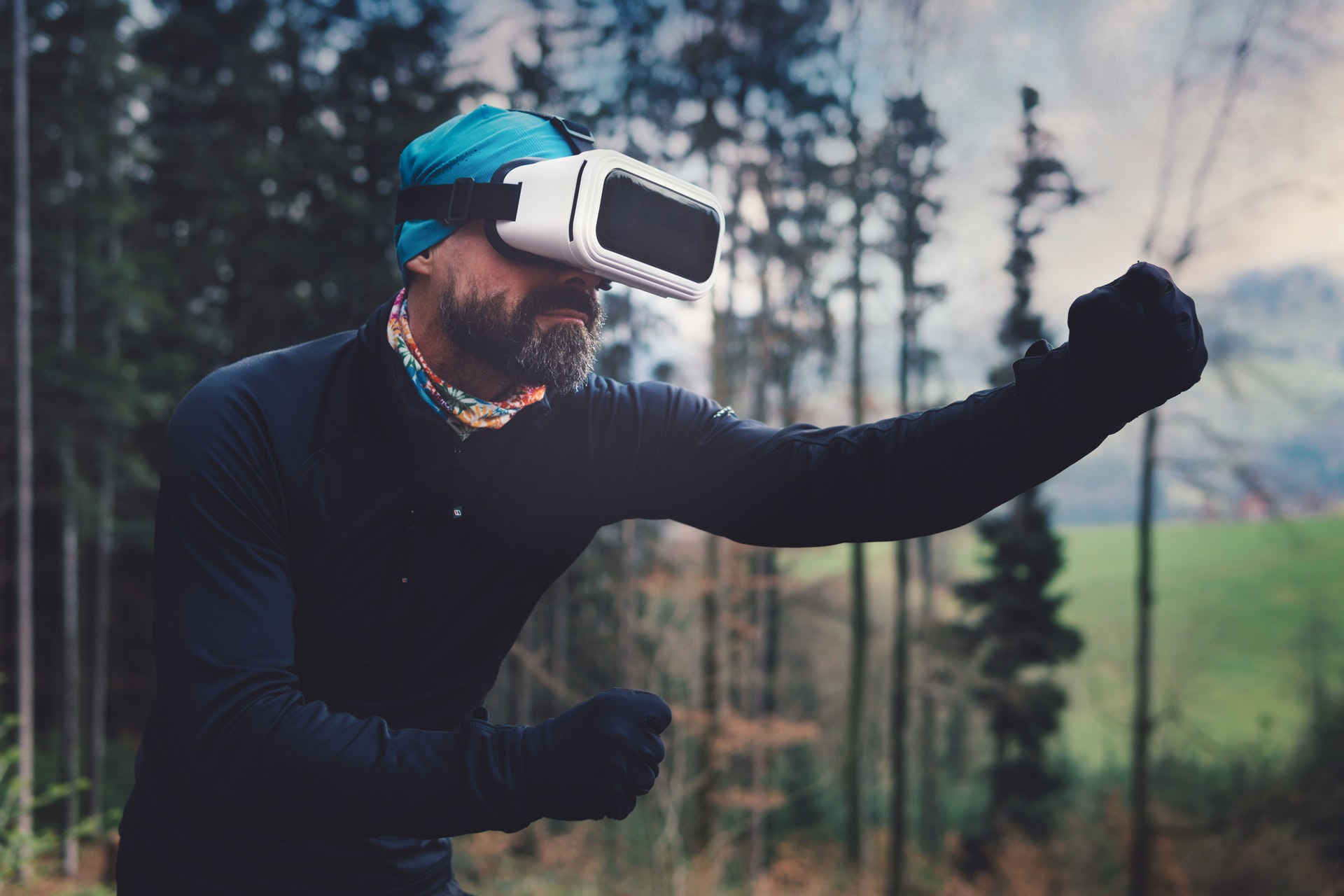
VR's Storytelling Evolution: Innovations
Virtual Reality (VR) has emerged as a transformative technology, reshaping various industries and revolutionizing the way we perceive and interact with digital environments. By offering immersive experiences that simulate real-world scenarios, VR has found applications across diverse sectors, from entertainment and gaming to healthcare, education, and business. In the realm of entertainment, VR has introduced a new dimension.
Users can escape into vivid, interactive worlds, providing a level of engagement previously unattainable. Whether it's exploring new realms, partaking in thrilling adventures, or simply enjoying immersive cinematic experiences, VR redefines entertainment, transporting users beyond the confines of traditional media. Moreover, in healthcare, VR has shown promise in training medical professionals through simulated surgeries and patient scenarios, enhancing their skills and decision-making in a risk-free environment. Additionally, VR therapy aids in managing pain, anxiety, and phobias, offering a unique approach to mental health treatment. The educational landscape is also witnessing a shift due to VR.
Students can explore historical landmarks, experience scientific phenomena, or engage in virtual field trips, making learning more interactive and engaging. In the business world, VR facilitates virtual meetings, employee training, and product simulations, offering a cost-effective and efficient way to collaborate across distances and test ideas in a risk-free setting. As technology continues to advance, the potential for VR seems boundless. However, challenges like hardware costs, content development, and potential health effects need addressing for wider adoption. Nonetheless, the trajectory of VR suggests a future where immersive experiences become an integral part of our daily lives, transforming industries and human interactions in unprecedented ways.